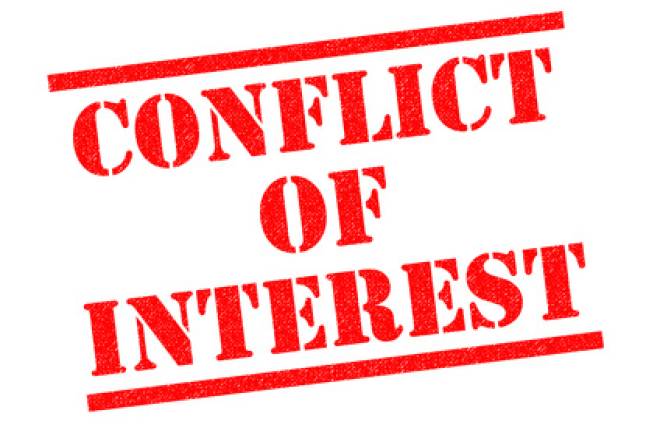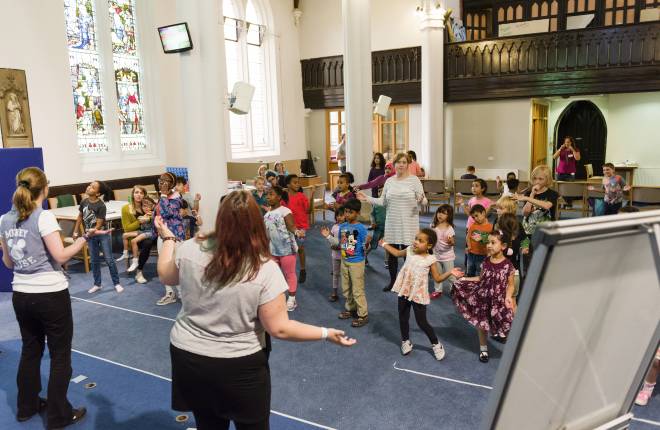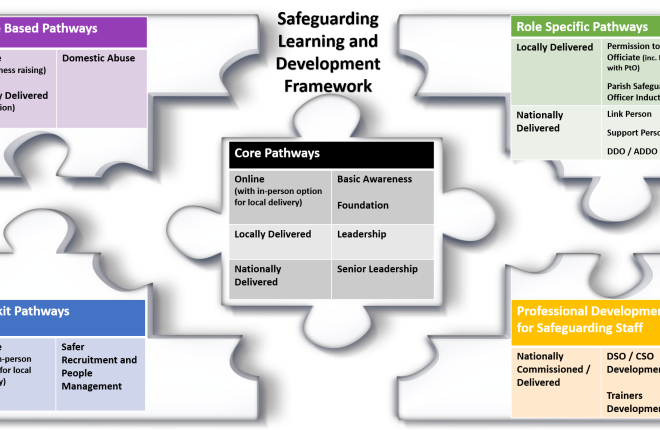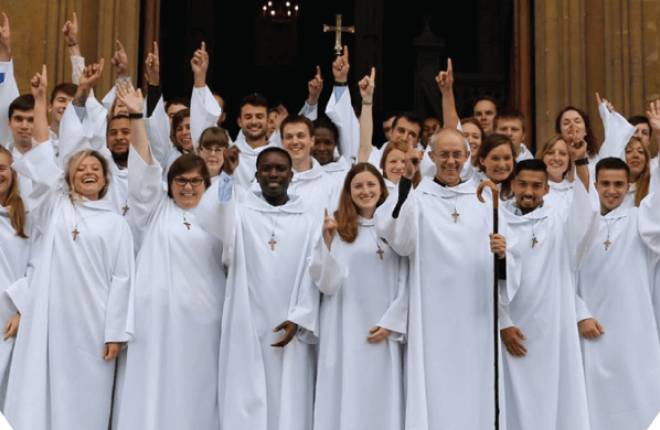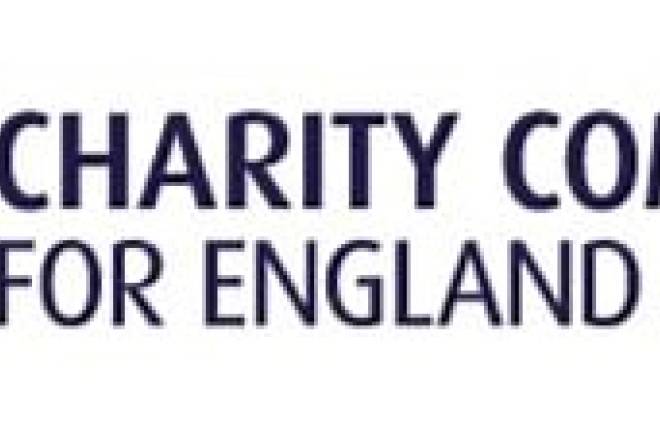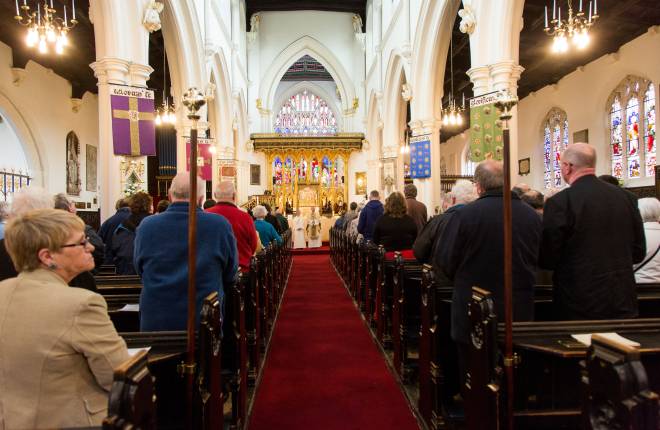Welcome to the Safeguarding e-manual
This e-manual contains the House of Bishops’ Safeguarding Guidance and Safeguarding Code of Practice. Each specific piece of Guidance / Code comprises a Chapter of the e-manual.
Safeguarding Code of Practice (duty to comply)
- Safeguarding Practice Reviews
House of Bishops’ Safeguarding Guidance (due regard)
- Declaration of Conflict of Interest
- Responding Well to Victims and Survivors of Abuse
- Safeguarding Children, Young People and Vulnerable Adults
- Safeguarding Learning and Development Framework
- Safeguarding in Religious Communities
- Safer Recruitment and People Management
Other policies (good practice)
- Ukrainian Refugees
- Safeguarding in Local Ecumenical Partnerships (LEPs)
The remaining (earlier) guidance can be found on our website and will transfer to the e-manual in due course.
You can find specific content across all Chapters and sections using the search tool below, or you can browse each Chapter separately using the list at the bottom of the page.
Chapters are designed to be read online, but there is the option to download a PDF of specific sections or the entire guidance.
Search through the entire Safeguarding e-manual to find the content you are looking for.
